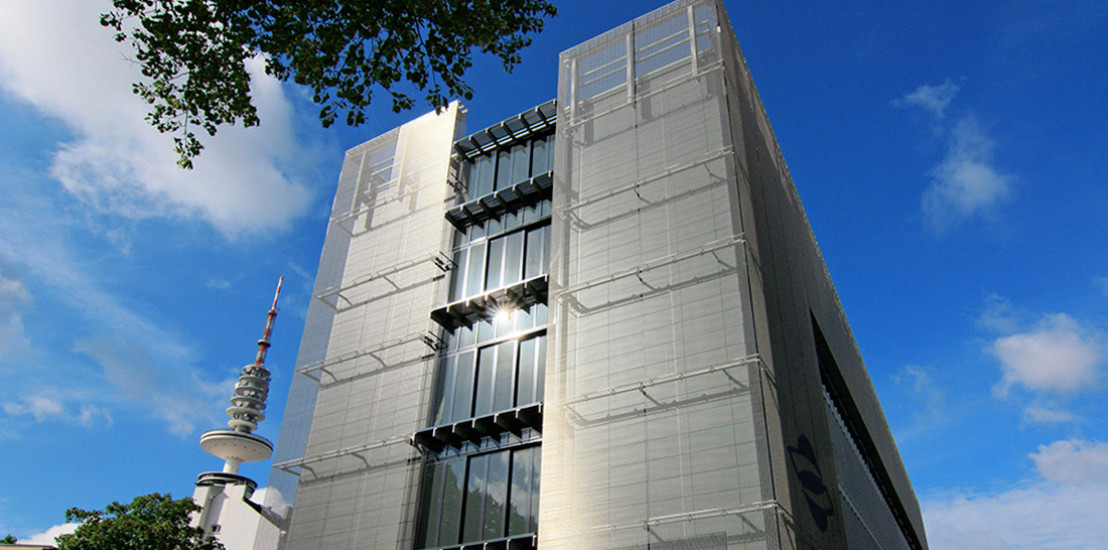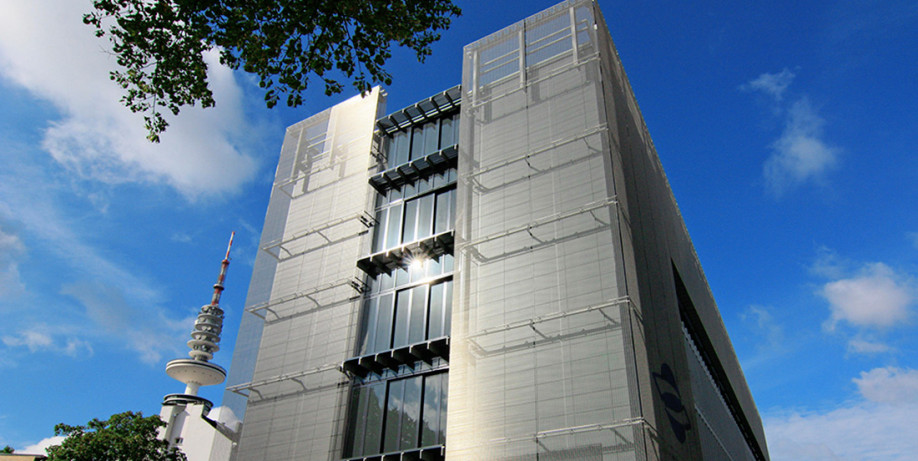
Realize construction projects with BIM
This is how the digital building of the future works: All those involved in its construction access the same data in real time and can update it at any time. Building Information Modelling (BIM), whose virtual building model brings transparency to all phases of the construction project, makes this possible. BIM already allows to optimize the later operation of the building during the planning.
Benefits of BIM
-
Greater transparency in the planning process
through a common database -
Faster, more efficient and less expensive
planning and building -
Identify and avoid errors and flaws
in advance -
Easy corrections during planning
instead of during construction or at the finished building -
Optimization of later operation
during planning
With BIM into the digital future: Transparency brings efficiency
The construction of new buildings is complex. There are many participants in the construction - from the client to the planner and executing companies to the later users as well as approval authorities - who require and generate diverse data and information that they want to access ideally in real time. This is exactly where Building Information Modelling (BIM) comes in.
BIM is a working method that links planning, construction and management of buildings using software solutions. All relevant building data are digitally modeled, combined and recorded by BIM. As a virtual model, the structure is also geometrically visualized.
First digital, then real
The continuous digitization of all planning and realisation-relevant information in a virtual building model brings more transparency and more efficiency in the construction phase. At the same time, the BIM method enables the later operation of the building to be optimized in a virtual manner.
An important prerequisite for the joint application of the BIM methodology is that all participants in the project work with a compatible planning software, which enables a corresponding exchange of data via suitable interfaces. Once this requirement has been met, BIM can play its full part: All project participants work with the same information in complete transparency via a common database as a single source of truth and always have the same current state of knowledge. Planning and construction can be made faster, more efficient and more material-saving - and thus become less expensive.
Virtually optimize operations
Possible errors and flaws can be detected and fixed in advance. This reduces the real construction costs. By moving discussions forward, it is much easier to make corrections in the planning than during the construction phase or even later on the finished building. The later operation of the building can be considered during the planning stage and thus optimized.
Compared to some European countries, Germany is still lagging behind in applying the BIM method. However, there are indications that this backlog could soon be made up by most companies. In particular, the BIM method has been mandatory in Germany since 31 December 2020 for all public infrastructure projects, i.e. for all new roads, railways, airports and infrastructure construction.
"We are convinced that we will be able to handle construction projects in a significantly more efficient and sustainable way in the future if we understand and live BIM as a constructive form of partnership and cooperation between all project participants. In addition, we can use the model data to simulate the energy efficiency and operation of the building in advance."
Christian Fraedrich, Head of Technology &Quality
We offer comprehensive advice on BIM
Although a boom is emerging for BIM, a certain pioneering spirit is still in demand. In the meantime, clients should not be afraid to take the first step into the digital future of construction projects. Collect experience now, build up internal know-how and work on the conversion of internal processes - so you get a clear start advantage! The ENGIE Group has been working on BIM projects in various countries for several years, including Spain and the Netherlands, and our team has gained valuable experience in this field. At ENGIE Deutschland, we provide comprehensive advice to our customers who decide to work partially or completely with the BIM method for a project, right from the start of the project.




